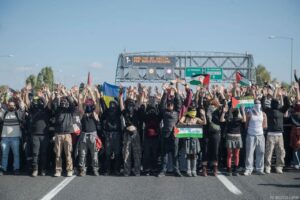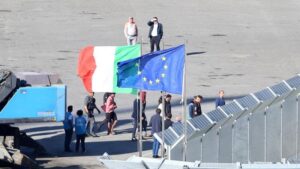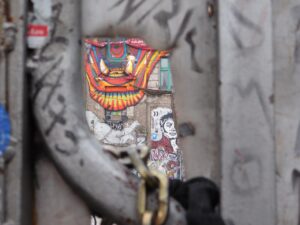Network Against Migrant Detention’s Statement for the mobilization scheduled on the 1st-2nd/November in Albania.
The arrival in Albania is scheduled for the 31st of October. The 1st of November, in the morning there will be a press conference in Shëngjin and in the afternoon a demonstration towards the Gjadër’s detention center (CPR). The 2nd of November is programmed a transnational assembly in Tirana. Below the article, there are logistic information to participate in the mobilization.
On November 1–2, as Network Against Migrant Detention, we will return to Albania on the anniversary of the Rama–Meloni agreement, which allows Italy to build and manage migrant detention centres (CPRs) on Albanian soil. These centres are not only unconstitutional: they embody a colonial project which, with the complicity of the Albanian government, sets a dangerous precedent that Europe seeks to replicate through the New Pact on Migration and Asylum. Albania is being turned into a laboratory of externalisation, where carceral practices and deportation policies are tested—practices we see emerging everywhere.
In recent weeks, mass demonstrations and social strikes have been blocking several cities across Europe, particularly in Italy, to oppose the genocide in Palestine. The struggle for the freedom of Palestine had become a political symbol, expressing a broader rejection of all fascist and securitarian policies that legitimize the systematic use of violence against specific groups and repress any form of dissent. Israel, in fact, is the colonial regime that has most systematically relied on administrative detention to impose control over the Palestinian population.
The same type of violence is exercised in many other contexts against people on the move. From the United States to Europe, from North Africa to Rwanda, images of deportations, pushbacks, and illegal detentions are multiplying, while far-right governments around the world fuel a securitarian rhetoric based on closed borders, forced returns, and mass deportations. Administrative detention is thus consolidating as a central pillar of this repressive model, built on confinement, expulsion, and the denial of rights.
Across Europe, the border regime is undergoing a profound restructuring. Driven by increasingly authoritarian political agendas, the EU migration system is moving toward rapid, externalised, and highly militarised management. The legal framework enabling this transformation is the New Pact on Migration and Asylum, which dangerously accelerates border procedures and normalizes detention as a routine tool to govern mobility.
Alongside this, the EU and individual member states are experimenting with so-called “innovative solutions.” The European Commission proposal for a New Common European System for Returns, introducing the Return Hubs and the Safe Country Lists, pursues the same goal of the Pact amplifying its effects with practical arrangements, making people increasingly deportable, invisible, and detainable. Together, these tools dismantle an already fragile right to asylum, forcing migrants into even deeper precarity—excluded from welfare and public services, and more easily exploited by markets that continue to demand cheap, disposable labour. This trend is reaffirmed by the progressive strengthening of Frontex, symbolized by the opening of the new Frontex Academy in Warsaw,which aims to increase the securitarian control of the external borders without creating legal access channels, thus forcing migrants to undertake increasingly dangerous journeys.
And yet, despite repression, forms of resistance emerge daily inside detention centres across Europe: hunger strikes, refusal of identification, mutual solidarity, public denunciations of systemic violence. These struggles prove that CPRs are not spaces of total control, but sites of conflict. The fight for freedom of movement and migrant self-determination stands as a crucial barrier against the growing militarisation of a global regime of war that today manifests itself in genocides, indiscriminate aerial bombings, militarised borders, mass raids, and large-scale deportations.
In this context, marked by the decline of liberal democracy, we need to connect territorial struggles against administrative detention and build forms of conflictual resistance capable of shaping a new idea of democracy. We must strengthen a transnational and European perspective that goes beyond local and national mobilisations: a perspective able to share practices, build networks, and coordinate strategies to abolish the European and global regime of apartheid and confinement.
This is why we have chosen to unite—together with Albanian, Italian, European, and transnational comrades—in a decolonial and solidaristic struggle: to tell the Albanian people they are not alone, that resistance is possible, that protest must grow even where a culture of resistance has been systematically repressed. What is at stake is not only Albania or Italy, but the future of Europe as a whole. From here must begin a process of radical democratisation of the European and Mediterranean space in which we live.
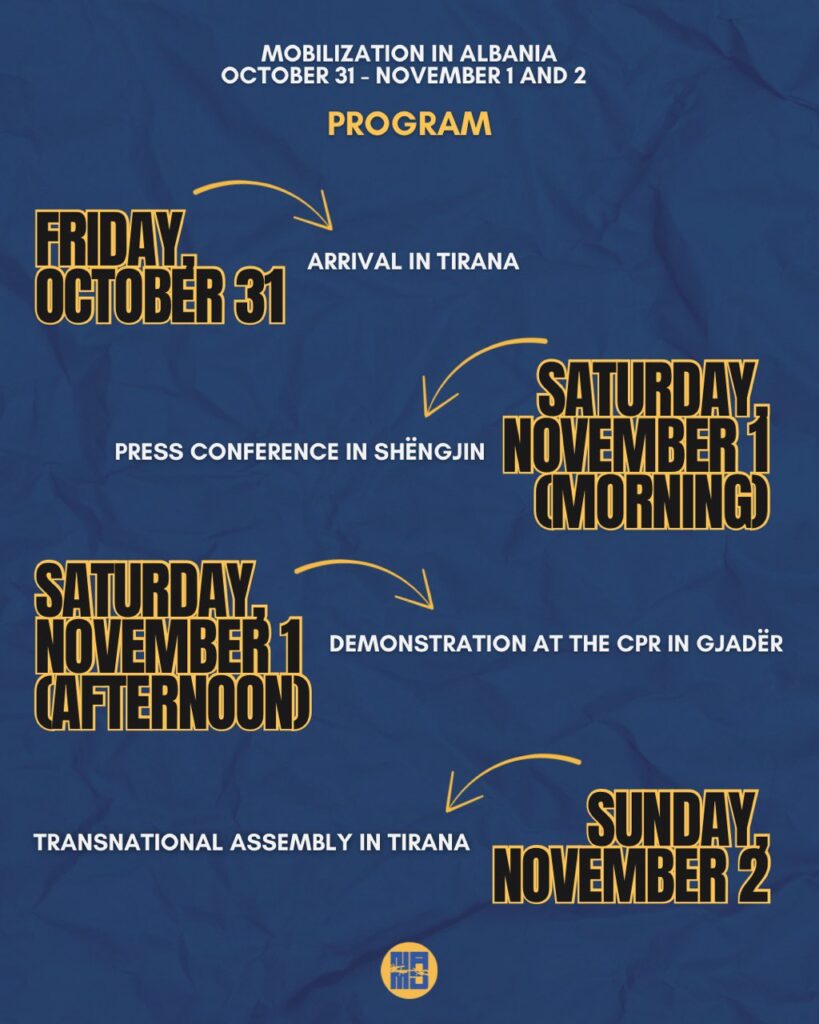
Organize your TRIP to Tirana now
Fill out the FORM to confirm your participation.
Join the ONLINE TRANSNATIONAL ASSEMBLY on 30/9 to connect and build this mobilization together
Link per partecipare: https://meet.goto.com/655398597
Codice di accesso: 655-398-597
For info contact @networkagainstmigrantdetention, @meshde.al or againstmigrantdetention@gmail.com
